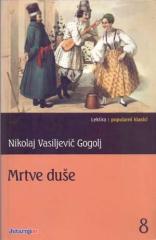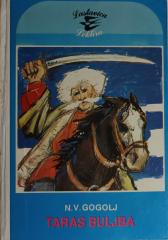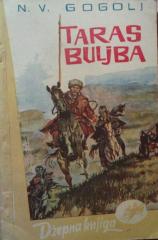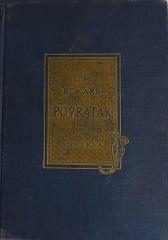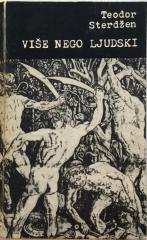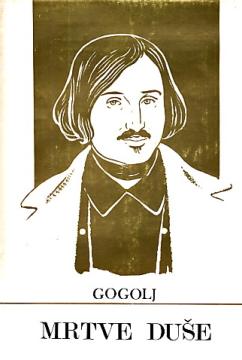
Mrtve duše
Dead Souls (1842) is a brilliant satire that exposes the moral and social rot of imperial Russia through Chichikov's fraud with dead serfs, with Gogol's virtuoso mix of humor, irony and lyricism.
The novel Dead Souls is a satirical masterpiece of Russian literature that criticizes the social and moral deviations of Tsarist Russia. The main character, Chichikov, a charming swindler, travels through the provinces buying up "dead souls" - the names of deceased serfs who are still on the landowners' lists, for which taxes are paid. His plan is to use these souls as collateral to obtain loans and become rich.
The plot follows Chichikov as he negotiates with various landowners, from the stingy Korobochka to the wasteful Nozdryov and the melancholic Plyushkin. Each character reveals different characters and weaknesses of Russian society - greed, vanity, stupidity and moral decline. Gogol masterfully uses humor and irony, creating grotesque portraits that depict corruption and spiritual emptiness. Chichikov's seemingly meaningless enterprise becomes a metaphor for the trade in nothingness in a society devoid of values.
The novel, conceived as a trilogy modeled after Dante's Divine Comedy, remained unfinished. The first part, the only one published, ends with Chichikov's escape after his deception is discovered. Gogol's style combines realism, satire, and lyrical digressions, such as the famous passage about Russia as a troika rushing into the unknown.
One copy is available
